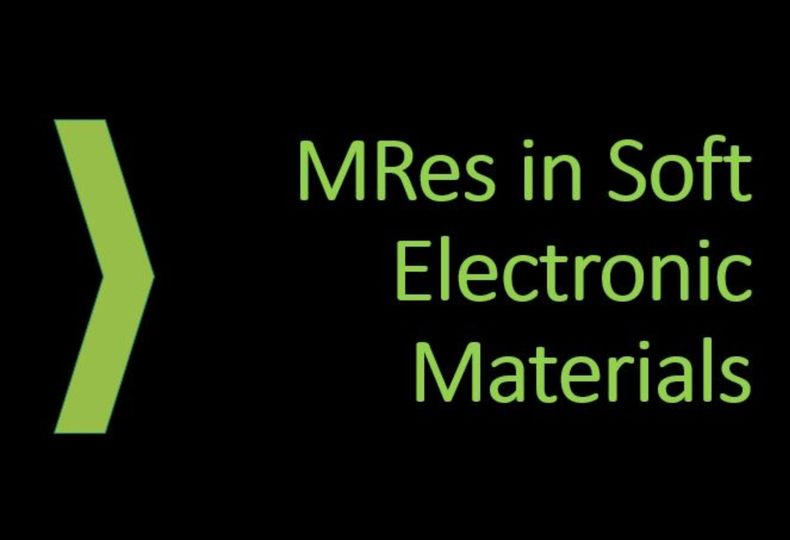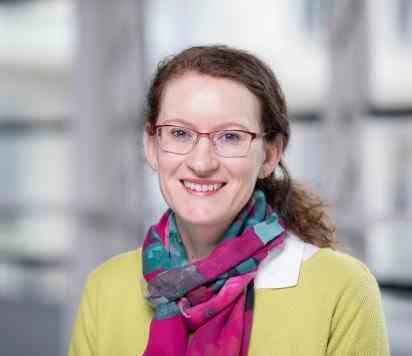About the SEM-MRes course
Want to study with us? Check out our MRes!
Contact us
If you have any questions please email the MRes science coordinator, Lisa Bushby.
Commendation from our students
Firstly, I must admit that this year has been a truly rewarding journey for me. Given that my original background wasn’t in physics, embracing this course was indeed a challenge. This unfamiliar environment not only helped me to learn a plethora of new concepts but also bolstered my capacity to tackle problems head-on. As I navigated through the coursework, I found myself growing more competent and, in turn, more confident. The culmination of this experience lies in how it has cemented my determination to pursue a Ph.D. The research exposure I've gained this year has been pivotal in shaping this decision.
The year wasn’t just about academics; it was replete with myriad activities that introduced me to so many incredible individuals. Each interaction, every deep discussion held has left an indelible mark on me, creating a tapestry of wonderful memories. Among the highlights was our summer school journey. Not only did I get an opportunity for academic exchanges - and I'm thrilled to share that I was awarded the best poster during our poster session - but I also had the chance to soak in the breath-taking beauty of Wales.
I wanted to share this with you, hoping you'd feel a fragment of the joy and determination that fills me now. --Shiyu Chen
Overview
The MRes in Soft Electronic Materials is a research focussed Masters programme. It is an interdisciplinary course lasting one year focused on creating and optimising new types of electronic materials and devices for a diverse range of applications, it covers all three research theme areas of the CPE, sustainable energy, sensors and wearable electronics and emerging technologies.
This thriving area of research targets applications such as:
- Printable photovoltaics
- Light-emitting diodes
- Batteries
- Solar fuel production
- Wearable electronics devices
- Sensors
- Bioelectronics
- Chiral emitters and detector
- Spintronics
- Neuromorphic computing
A key attraction of the field is that the materials can often be deposited from solutions enabling devices to be fabricated using printing technologies rather than traditional semiconductor fabrication techniques.
You will cover highly multidisciplinary science during the course. It involves Physics, Chemistry, Materials Science, Chemical Engineering and Bioengineering. Research activities are wide-ranging, spanning fundamental modelling of molecules and materials, their synthesis, characterisation, design and processing of devices and sensors, as well as measuring and analysing their performance for targeted applications.
We’re looking talented and enthusiastic students from diverse scientific and engineering backgrounds.
Study programme
The 12-month course is comprised of lectures and advanced skills training, and a substantial independent research project. The lectures take place during the first term and cover the fundamentals of organic and inorganic semiconductors, material synthesis and processing, materials characterisation, as well as device physics and applications. The bulk of the course comprises an independent research project. This will involve cutting edge research which can range from theoretical to highly applied. It will culminate in the preparation of a thesis.
Please email l.bushby@imperial.ac.uk the MRes science co-ordinator for details of October 2025 MRes entry.
Course outline in more detail
- Core lecture courses
- Advanced and practical courses
- Transferable skills courses
- Cohort Building Activities
- Collaboration with NPL
- Journal Club
- Research projects
.jpg)

